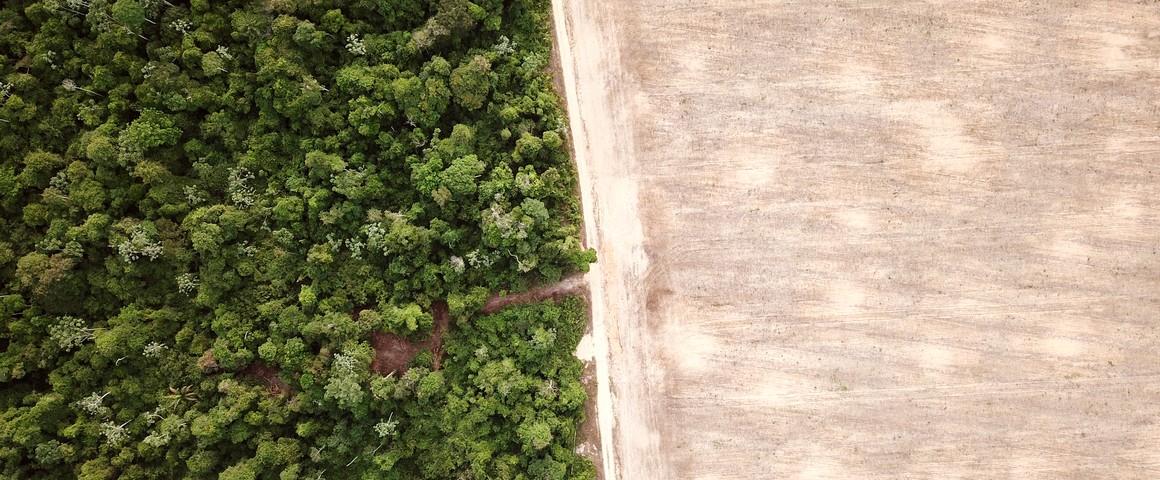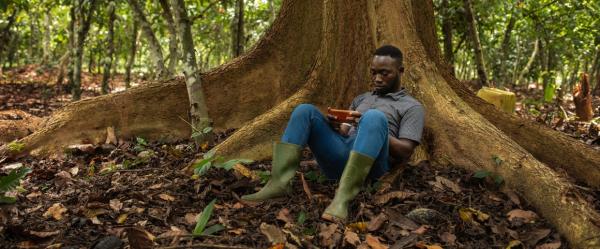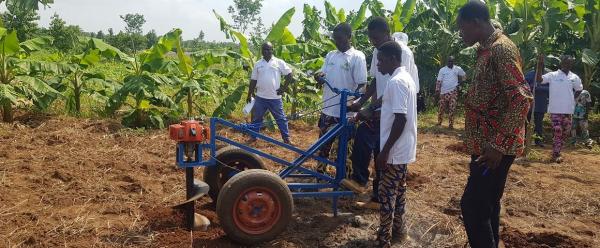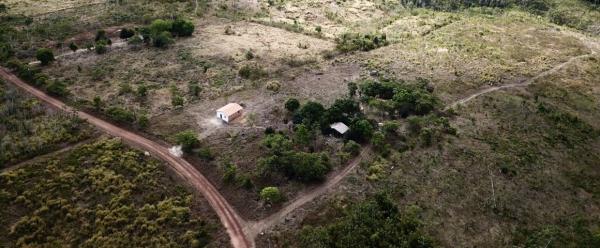Call to action 25 November 2025
- Home
- CIRAD news
- News
- Protecting and restoring tropical forests is now an environmental and societal imperative
Protecting and restoring tropical forests is now an environmental and societal imperative

© Clément Bourgoin, CIRAD
Tropical forests account for half of the world’s total forest, and are some of its most biodiverse ecosystems. “There are between 150 and 350 tree species per hectare”, says Plinio Sist, Head of CIRAD’s Forests and Societies research unit. In the run-up to International Day of Forests on 21 March, he points out the main causes of deforestation and the strategies required to fight it, since this is now a crucial environmental and social issue.
(in French)
Deforestation has been underestimated and degradation is increasing
Unprecedented mapping has revealed that 220 million hectares of tropical rainforest have been lost since 1990. Work by a team of researchers from the Joint Research Center (JRC), CIRAD, CIFOR and INPE, published in Science Advances, showed that deforestation had been underestimated in previous studies, particularly relating to Africa. Moreover, those tropical forests that are left are severely degraded. That degradation, characterized by temporary loss of forest cover, is primarily due to logging, small fires and natural disturbances such as storms. Of the 1070 million hectares of tropical rainforest left in 2020, “10% are degraded and at risk of being deforested in the near future”, says Ghislain Vieilledent, a CIRAD ecologist specializing in forests.
(in French)
Targeted, concerted responses to deforestation and forest degradation are required
Controlling deforestation and tropical forest degradation, from Asia to the Amazon, via Africa, requires social, participatory approaches. This type of approach is essential to ensure successful long-term reforestation and forest landscape restoration.
Various projects in the Sahel have, for instance, succeeded in building solutions tailored to the requirements of local people and territories. “For example, in the Sahel, we have relatively extreme climate conditions”, says CIRAD ecologist Amah Akodewou, “so we need to look at species that are more suitable, local species, and also species that local people already use and that are of use to them" .
In the Brazilian Amazon, the Forland project has served to “simulate and assess restoration scenarios on a territory scale, and to identify the sites to be restored first”, Isabelle Tritsch, a geographer with CIRAD, explains.



























